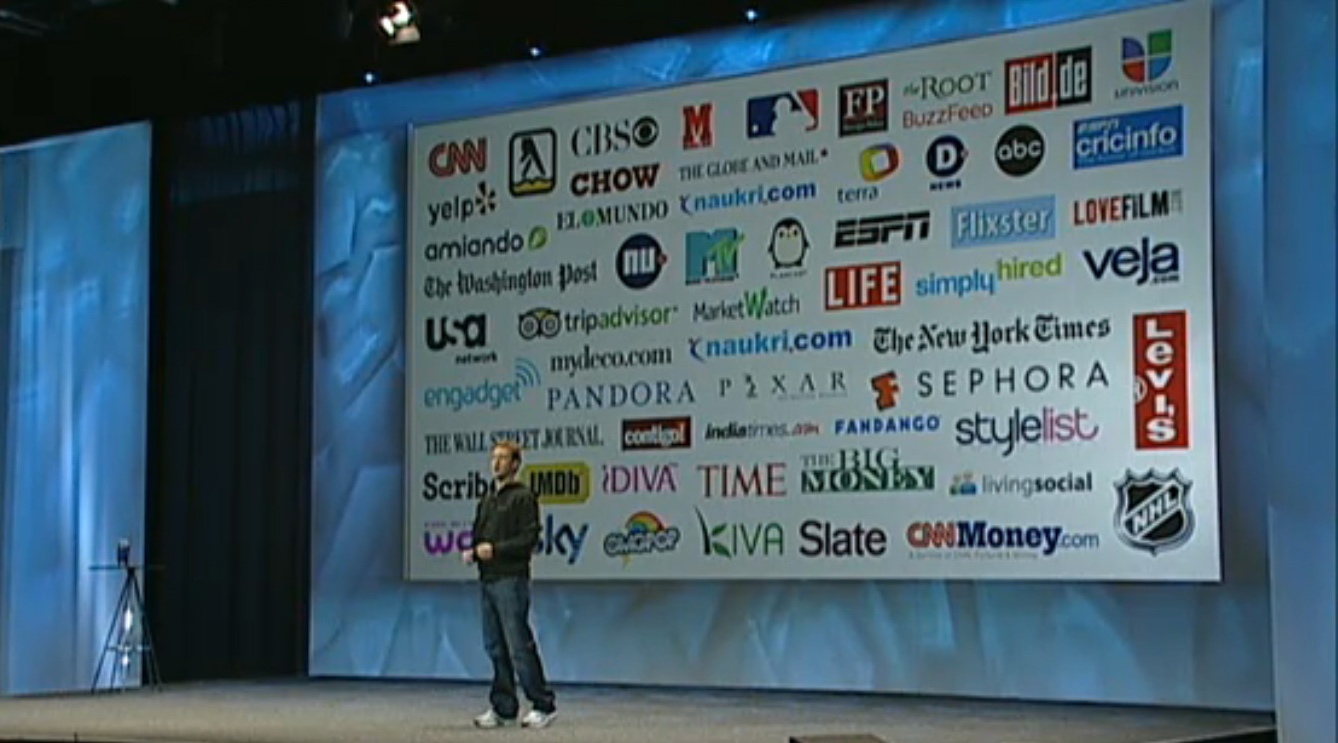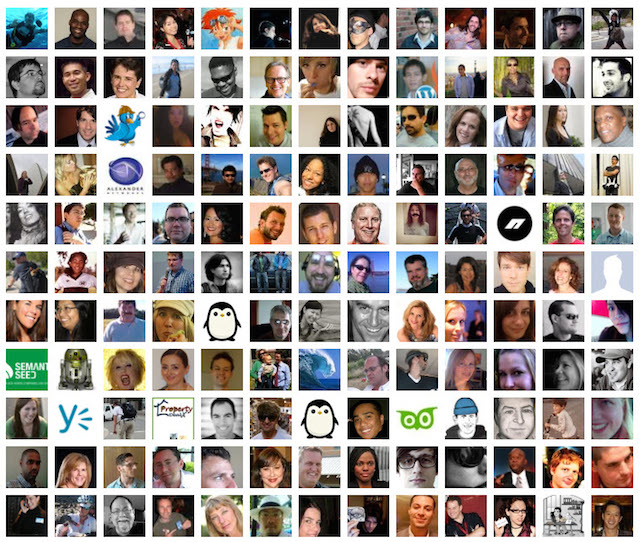
To pile onto my post last week about selling Plancast, I decided to pull out an email exchange I had with a fellow entrepreneur about a year ago. The entrepreneur is in the events space and was curious about some of the things we tried at Plancast and what worked and what didn't.
Which of the "social" tools on Plancast worked? And which didn't?
The number one absolute driver of engagement for us was email, it trumped everything else by a huge margin and was the only thing that would get users to come back on a regular basis. If I remember correctly, we had two types: a daily digest that would go out everyday of all the activity your friends had planned, and then a weekly summary of upcoming events of your friends and general popular upcoming events in your area.
Which ideas would you jettison and which would you keep?
We spent a tremendous amount of time integrating with Facebook and Twitter. Facebook was good for getting events into the system, though a lot of them were either really low quality, or semi-private, and so we spent a fair amount of time fixing titles, removing private and useless events, etc.. We built this elaborate system for Twitter so you could direct message your friend's events and invitations, this turned out to be a huge waste of time and almost no one used it.

If I had to do it all over again, I would focus entirely on email, and focus all my attention on getting access to their email or phone contact lists and not really bother at all with Twitter or Facebook until they wanted to send a tweet or share to their wall. We went the other direction, focusing on the social networks and neglecting their email account and I think that was a mistake. Sure, some people signed up because a friend posted on their Facebook wall, or tweeted at them (this was before Facebook graph, but that ship has sailed already too), but I think the time we spent implementing those features and working with their apis would have been better spent on email.
With mobile phones, their contact list is all that matters. In March or April, Facebook turned off api reading for both Path and MessageMe. That in and of itself is not all that interesting, Facebook turns off their read api for any growing social site, what is interesting is that Facebook thought it mattered. Almost all the growth at Path, and MessageMe, was coming from the phone contact list. Very, very, very, little of it was coming from Facebook or Twitter.
I really do like the idea of creating a mobile site where there's a big database of all events that are searchable. and then you can send any of those events to your friends. but you tell me--did this just suck?
I think this sounds awesome! I enjoyed seeing all the plans in my area at Plancast, there were tons of things we could've done to have a better mobile presence, and a better site. The problem is with relevancy, there are a lot of events out there, and on a page of 25 upcoming events, chances are you don't care about 20+ of them (maybe you have a scheduling conflict, or 20 miles is too far away, or you hate that band). This is an incredibly hard problem to solve, Eventbrite has entire groups of people trying to solve it, at Plancast we had me1 :)
Or should i go for email newsletters?
You most definitely should do email newsletters, get as many email addresses as you possibly can, email them around once a week (Although we sent emails out every day, very few people got an email every day since our daily digests only included activity generated from your Plancast friends, since the average user visited Plancast once a week, most people would get an email 2-4 times a week).
Or some kind of auto event notification, where people sign up for pushed content from their favorite venues/performers?
We started a pilot program in Austin that was similar to this, the idea was the bar would have a Plancast page that had all their upcoming events, and you could follow your favorite bars and find out what was going on. I still think this is an incredibly powerful idea and I still think it would be insanely useful, but it requires a tremendous amount of upfront effort. You have to basically sell the bar on it, and then most likely have someone you pay manually add the upcoming events for the bar, so it takes a large upfront investment of time and money.
The reason why we did the pilot in Austin is we had an awesome girl that volunteered to go to bars and do all that work for us. Sadly, Plancast didn't last for much longer after that so we never got to see the results of all her effort :( I still think it is a great idea though, but it will require a lot of "man on the ground" type work.
Or should we do "click on this event if you're going to this event" and/or "click on this event to see others going to this event?" thoughts here?
Meh, it was cool to see the 1000+ faces on certain events at Plancast, but almost no one ever clicked through to learn more about the people, they only cared about which of their friends were going to the event, it did help make Plancast feel more alive though, which was an overall win.

A lot of time people were afraid to click the "count me in" button on Plancast because they weren't sure they could make it. Mark wanted to add an "interested" button but I didn't like the idea of having two buttons, because then they had to make a choice on which button to click, I wanted to solve the problem by softening the language of "count me in" to "follow", but in the end we didn't do either.
You said earlier that you actually got decent enough traction to be a lifestyle business. if you had to identify 2 or 3 features on the site that got you to that level, what were they?
Not sure there was any one thing (or 2 to 3 in this case), we had a lot of initial press from sites like TechCrunch that seeded the site with a good amount of users in the beginning (each TC article in those early days was worth about 5000 signups), and then we got a good amount of core users that were bigwigs in the tech space who shared their calendars.
We originally envisioned the site as a lightweight way to plan events with your friends, but much like no one at Foursquare checks into Walmart or McDonald's, no one at Plancast created coffee events, instead focusing on events that made them seem like a special little snowflake (mainly things like concerts and conferences). Read into that what you will.
-
Admittedly, I'm pretty awesome though. ↩
